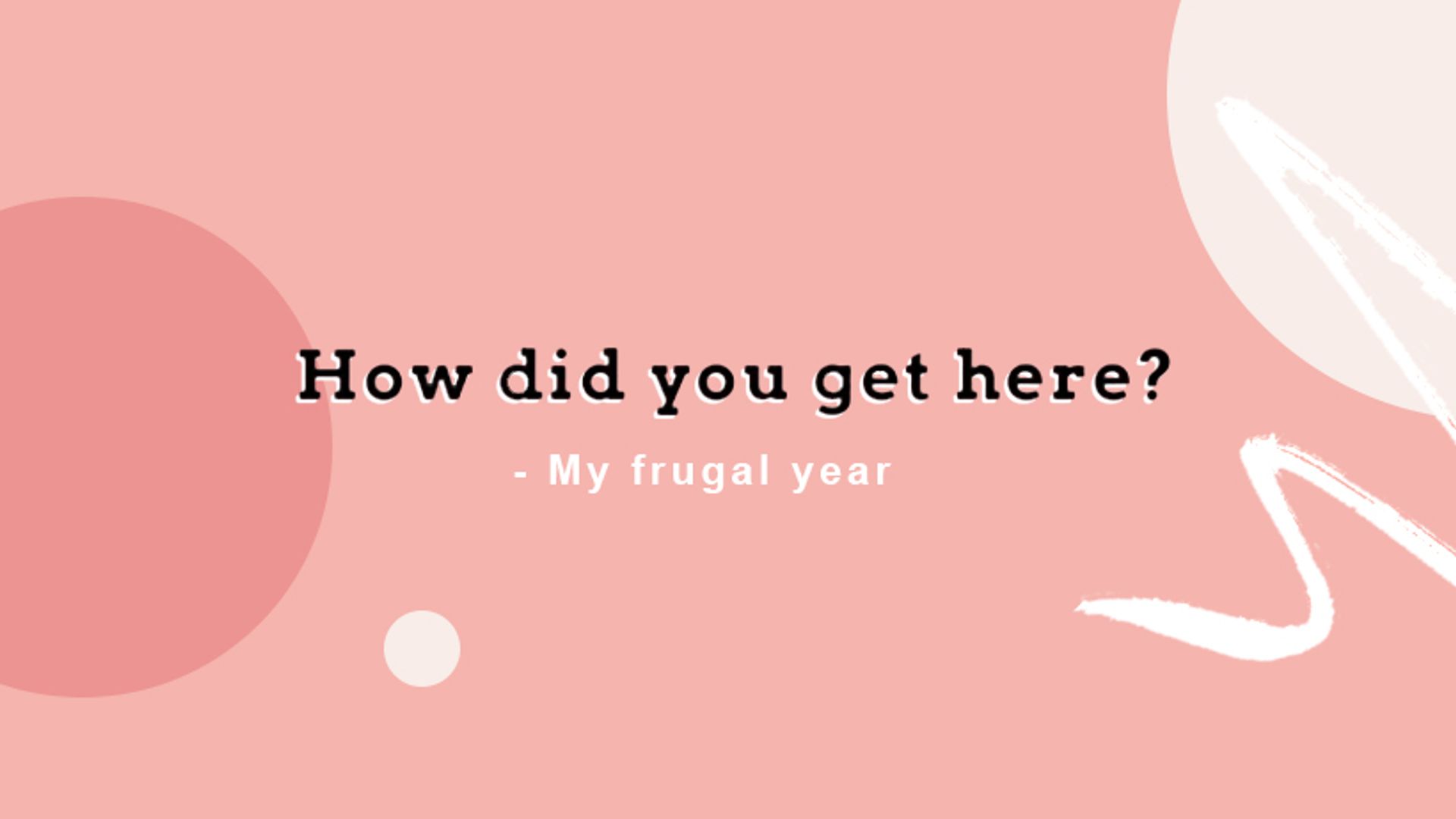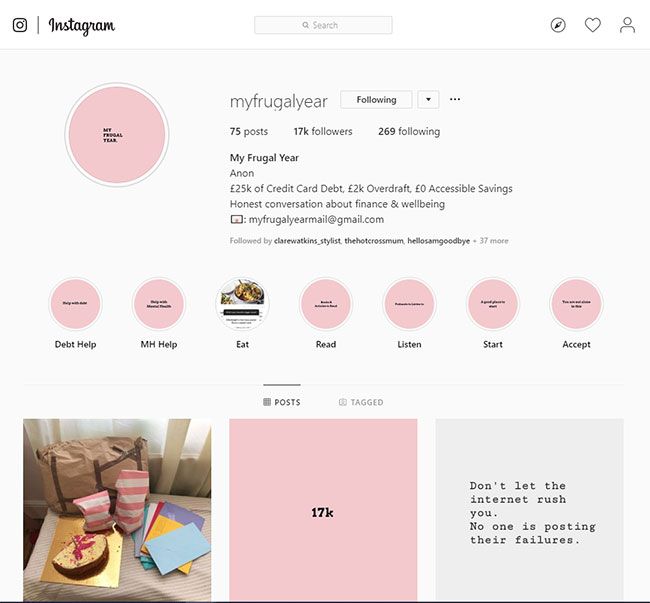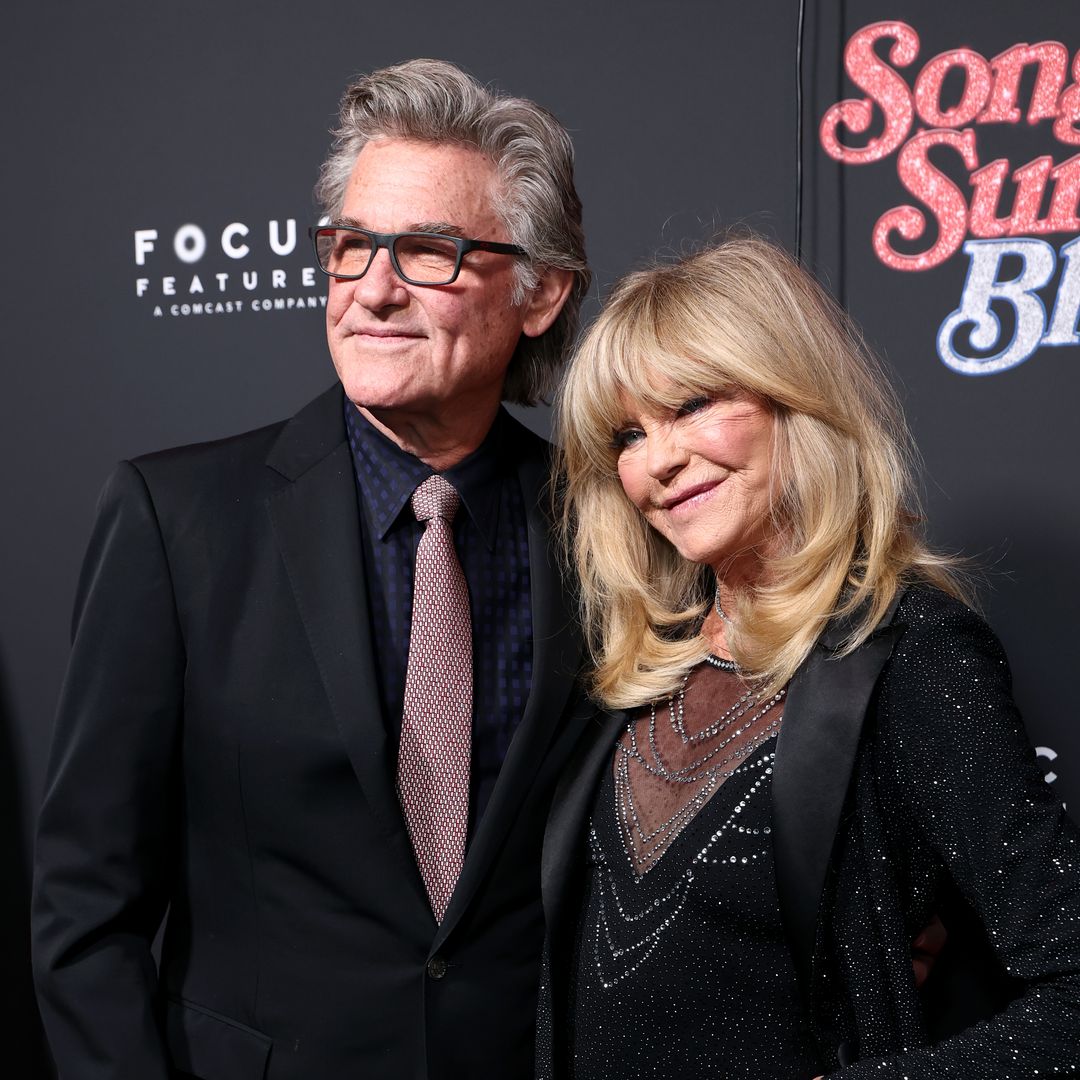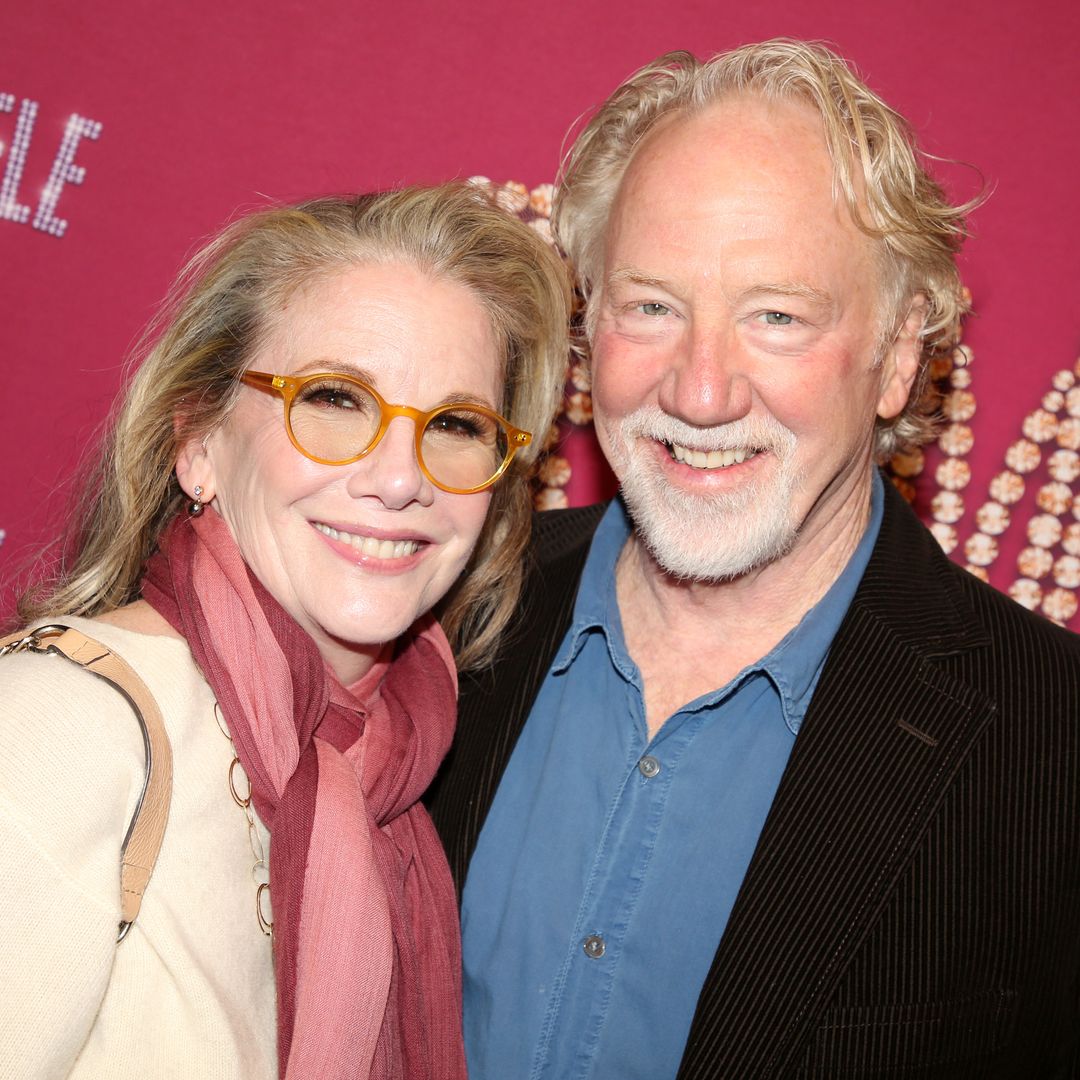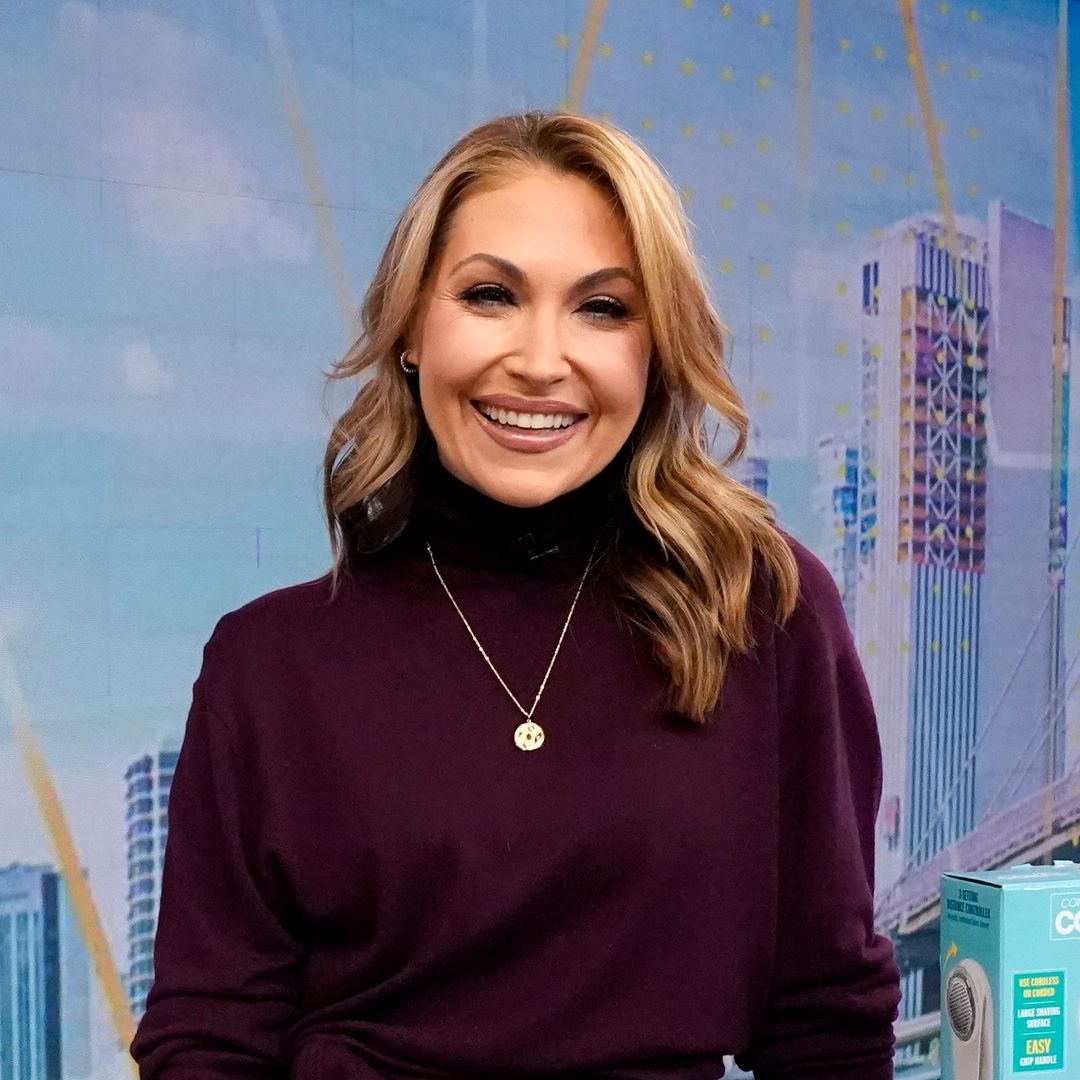My Frugal Year is the anonymous instagram account who has broken all the rules to talk candidly about money. About how much she's spent and how much she really regrets spending it. The mum-of-two will be revealing a weekly diary here on HELLOMAGAZINE.COM, detailing her battle with debt and sharing tips on how she's reducing it...
There’s only so long that I can talk about money without addressing the emotional side of things, and the toll that a poor hold on your finances can take on your mental wellbeing. I’ve always noticed a connection, and in a poll that I did in my Instagram stories a few weeks ago, a whopping 95% of respondents said that they thought there was a link, too. As I shuffle through this journey toward a debt-free future, I’m acutely aware that there is a reason why I got into this situation in the first place - one that can’t only be explained by a desire to keep up with the latest Insta ‘it’ product. I know - deep down - unless I identify what that reason is, and take ownership of it, no matter how far I move on I fear there is a risk of me ending up right back where I started. While I won’t go as far as to describe my spending as an addiction, it has definitely, at times, been a compulsion.
In a bid to make more sense of it all I spoke to psychologist and coach Jo Hemmings about the cycle of ‘spend to feel better - feel momentarily better - feel guilty - feel worse - spend to feel better’ that I have often found myself in, asking her if it was common for these habits to spiral, and impact on mental health. She explained that, in her experience, a compulsion to spend is often actually a wish to feel reassured, comforted and rewarded, but that the effect is only temporary, and leaves you needing another fix almost immediately.
DON'T MISS: The secrets Instagram use to keep us spending
This is because there’s actually no substance to the buzz that you feel upon clicking that ‘complete checkout’ button - in other words, an artisan wicker basket can’t actually make you happy. I have to agree. I have often found that the voice that compels me to spend - the one that presents arguments such as, ‘Oh, but you’ve had such a terrible week,’ or, ‘Well, you’re not actually buying all the stuff you want, just this one thing is ok,’ doesn’t even bother to show up to defend itself when, days later, I’m faced with an unopened package and an unarranged overdraft notification. The heady buzz of whizzing through the purchase process disappears, quickly replaced by the stark reality of my bank balance, and the feeling of guilt that comes with it.
READ MORE: The confession: #IAmNotMyDebt
Jo also warned of the toxicity of comparison, and the implications of comparing yourself unfavourably to others for your mental wellbeing. I’ve fallen into this trap so many times, with both friends and influencers. She reminded me that we all have different characters - some that lend themselves well to meticulous planning and careful costing, and some that are more likely to go for an impromptu three course meal. She pointed out that, as long as you recognise that, and can rein it in when necessary, natural tendencies are what make you 100% yourself. Since I started out on this journey and armed myself with the facts and decided to take positive action, my mental health has taken a definite upswing. I still have moments of anxiety, and moments of temptation, but I find them much easier to brush off now that I know there is a path to financial stability, and I'm on it.
Something to remember
Everything about us, from our spending habits to the way we do our hair, is shaped by our characters, our circumstances and our experiences. The only way to separate out our finances from how we feel about ourselves is to acknowledge this, and come up with our own way of moving forward without comparing every little step.
